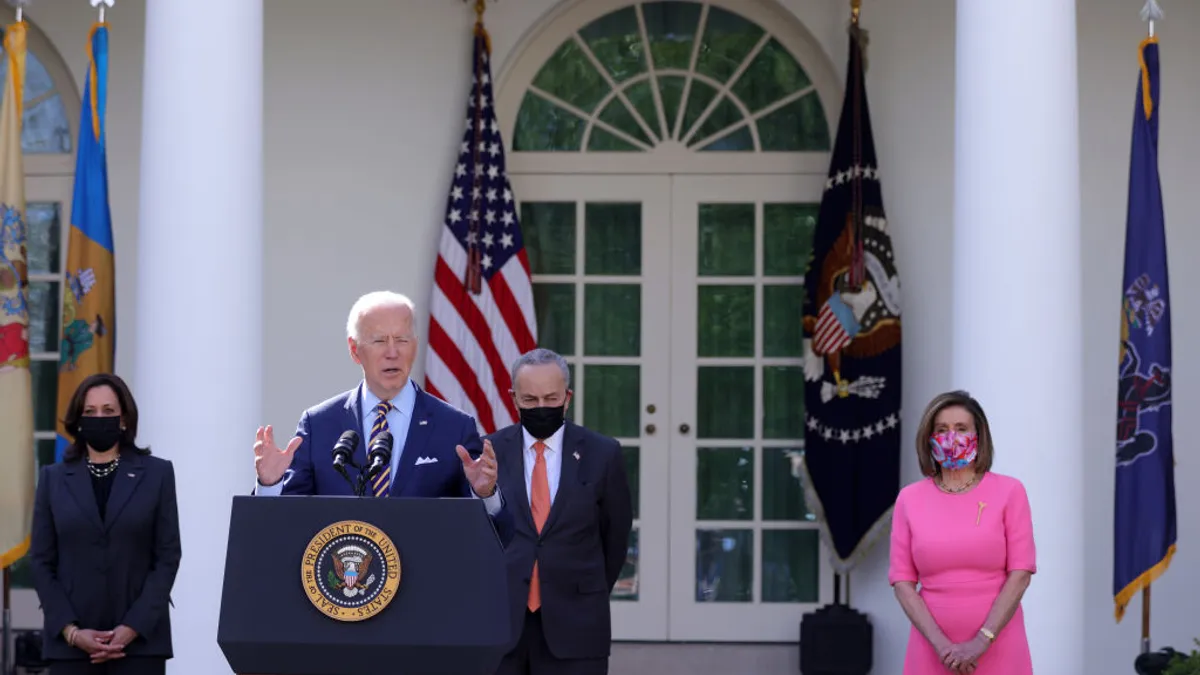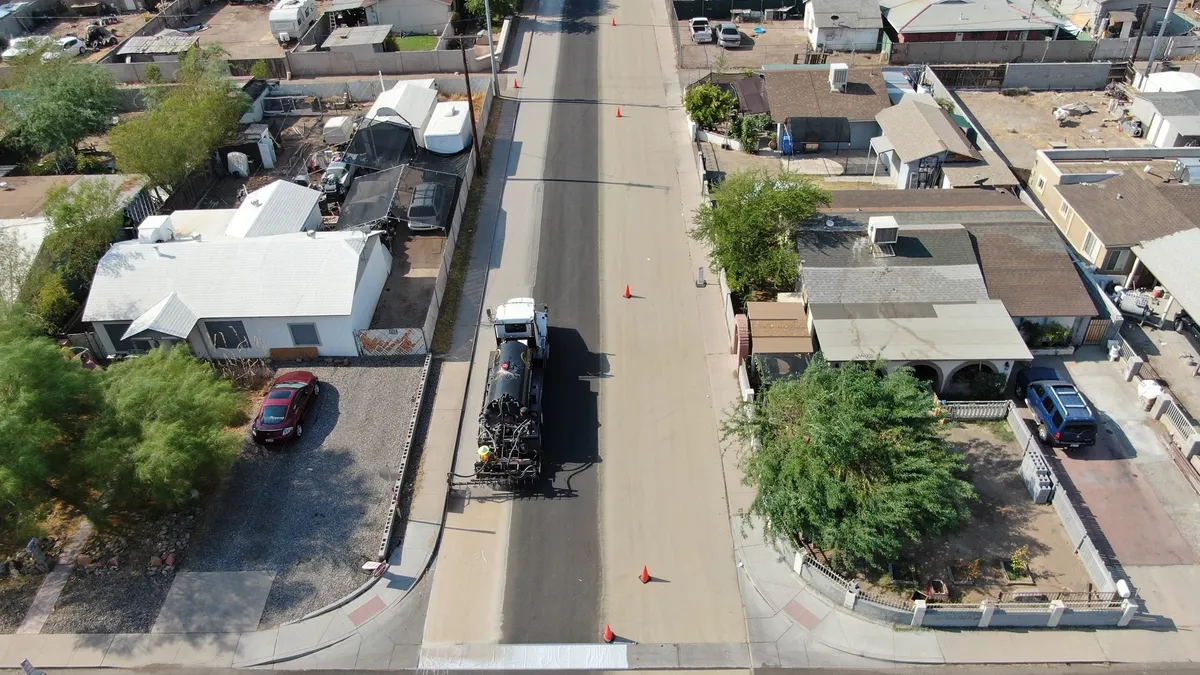Dive Brief:
- New York City Councilman Rafael Espinal has introduced new legislation, Intro. 1514, that would establish an online portal to facilitate food donations and reduce waste, as reported by the New York Daily News.
- The portal would allow prospective donors — such as restaurants, grocery stores, produce markets, dining facilities and food rescue organizations — to post about available food. This would include details on quantity, refrigeration requirements, size and packaging. Interested recipients, such as food rescue organizations, could then communicate with the donor through this portal and arrange for pick-up.
- As envisioned, the Department of Sanitation (DSNY) would work with the city's Department of Information Technology and Telecommunications to create and maintain the portal.
Dive Insight:
Food waste reduction is a main component of the city's plans to achieve "zero waste" by 2030 and getting a handle on commercial generators will be key to making that happen. Recently enacted diversion requirements for large generators and other voluntary initiatives have made progress. Yet vast quantities of edible food are still being wasted by restaurants, catering companies and grocery stores every day. For those that do recognize the issue it's still much easier to arrange for curbside collection than donation, despite recovery being prioritized on the food waste hierarchy.
Multiple companies — including Spoiler Alert, Hungry Harvest and Food Cowboy — have developed technology to facilitate this recovery nationwide in recent years. At a state level, Vermont has seen a large increase in food donations by emphasizing food recovery as part of its landfill diversion goals and a related proposal at the state level in New York also includes language about donation.
Establishing a similar system in the city makes sense from this standpoint, though it would be new territory for DSNY and a notable departure from their current duties. Yet the fact that Espinal's co-sponsors include Speaker Melissa Mark-Viverito and Antonio Reynoso, chair of the council's sanitation committee, indicate that this bill has a better chance of gaining traction.
Among the many factors that could come up at a potential council hearing, past experience indicates that liability will likely be near the top of the list. Despite protection under the Bill Emerson Good Samaritan Donation Act of 1996, many potential donors are still concerned due to questions around date labeling and temperature control for prepared or served food. The recently introduced Food Donation Act of 2017 aims to clear up some of this confusion and could expand the breadth of national food recovery operations if passed by Congress.












